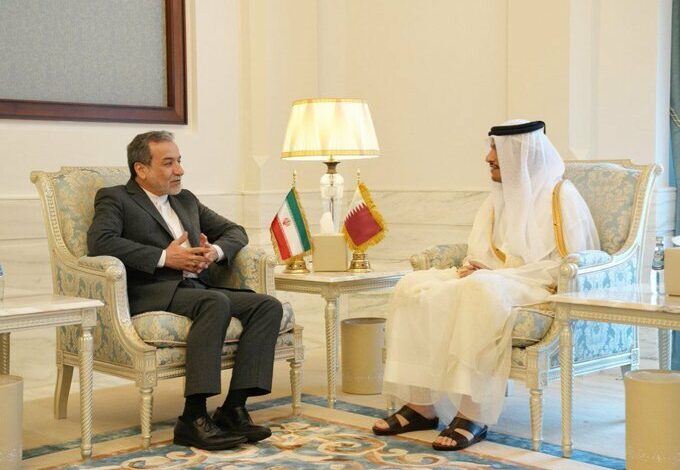Iranian diplomacy in the Persian Gulf; Dimensions of “Iraqchi” trips to the region

Mehr News Agency, Bin Group International: In the past few days, while the region is facing the most widespread crisis in the last two decades, Seyyed Abbas Araghchi, the Minister of Foreign Affairs of our country, traveled to Saudi Arabia and Qatar and met with high-ranking officials The countries met. The purpose of these trips is primarily consultation to control tensions in Gaza and Lebanon, as well as efforts to deepen Iran’s relations with its southern neighbors.
The positions of the Persian Gulf countries in the conflict between Iran and Israel; Common approaches, concerns and interests
The member countries of the Persian Gulf Cooperation Council, especially in the last two decades, have defined their economic foundations in such a way that security and stability are considered necessary for any of their economic activities; In the field of hydrocarbon resources, the security of energy transfer and international waterways is very important. After all, in other sectors including industry and tourism, attracting foreign investment for these countries will face challenges in the atmosphere of conflict and tension.
Therefore, since the beginning of the Gaza war, these countries have been trying to reduce the scope of tensions and possible damages either by declaring passive neutrality or through mediation. to minimize The announcement of the neutral position of these countries in the recent tensions between Iran and Israel can be justified in this regard.
Abbas Araghchi has emphasized during his trip to Saudi Arabia and Qatar that if these countries allow Israel or America to use their skies or bases against Iran, Tehran It will definitely react. At least, Iran expects its neighbors to maintain a neutral position in the recent conflicts. In response, Riyadh and Doha have continued to emphasize their neutrality.
The current conditions indicate that the neutrality scenario of the Persian Gulf countries will not change; Since the democrats came to power in America, the Arab countries in the south of the Persian Gulf have tried to change the security balance in the region and rebuild the relations with Iran, the scope of their regional and extra-regional alliances. expand.
Although America is still the guarantor of the security of these countries and they are dependent on Washington both in terms of military presence and the supply of weapons, but now the United States is no longer It is not the only security umbrella of the Persian Gulf countries. This is the reason that in recent years, the countries of the south of the Persian Gulf have strengthened their relations with China and Russia and turned to regional alliances and to improve their military capabilities and pay for their defense infrastructure.
Since the previous government, Iran has placed the doctrine of strengthening relations with its neighbors as one of the foundations of its foreign policy; A policy that is also followed by the current government. In fact, relations based on stability and good neighborliness with neighbors are one of the principles of Iran’s foreign policy. This approach is also linked to current challenges.
Iran also has humanitarian goals on its agenda, and in the current humanitarian crisis in Gaza and Lebanon, it is working with its neighbors to reduce tensions and facilitate the delivery of aid. Take humanitarian action. What is clear is the determination of Tehran and the countries of the southern Persian Gulf to promote relations beyond the diplomatic level.
Hodi Yousefi; Regional issues researcher


